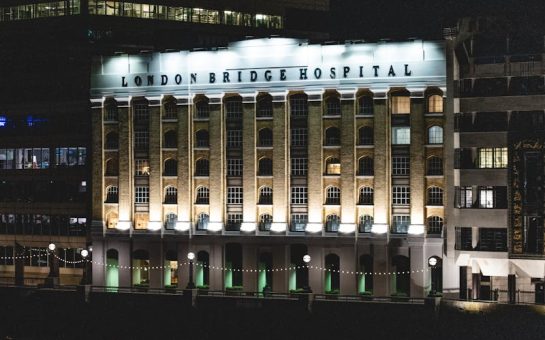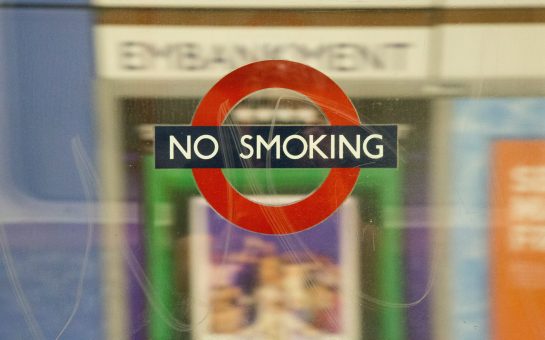Veterans who live in England have the lowest awareness of the mental and physical health NHS services available to them, new data from the Office for National Statistics and the Office for Veterans’ Affairs shows.
Only 8.28% of veterans who live in England were aware of OpCourage, the NHS mental health specialist service for military personnel and their families, and 2% were aware of OpRestore, the NHS service dedicated to treatment for physical health problems as a result of time spent in the armed forces.
This is less than half of awareness rates for Veterans First Point, Scotland’s equivalent mental health service, of which 20.59% Scotland-based veterans are aware, and Veterans NHS Wales, of which 21.79% veterans living in Wales were aware.
OpRestore, which is available in both England and Wales, had even lower rates of awareness, with 2.31% of respondents aware in England and 1.39% in Wales.
Formerly known as the Veterans Trauma Network, the service was renamed to boost its awareness among veterans and to increase referrals and service uptake.
Around 1.85m people in England and Wales identified as veterans at the 2021 census and just under half (48.7%) are disabled, according to a veteran health and wellbeing survey by the Office for National Statistics and the Office for Veterans’ Affairs.
The South West is the region with the most veterans, at 5.6% of the population having served in the armed forces, and London has the smallest proportion of veterans, with only 1.4%.
Of the disabled veterans, 39.4% felt lonely always, often or some of the time, compared with 22.9% not disabled veterans.
CEO of Combat Stress, a national veterans’ mental health charity, Chloe Mackay explained that it takes 13 years on average for veterans to come to Combat Stress from the point of leaving military service.
She said: “I think the biggest barrier is people understanding that they have an underlying mental health issue, so they may experience some of the symptoms like anger or difficulty sleeping, and not understand that it’s down to PTSD, and not understand that there is successful treatment available.”
Mackay mentioned that another factor contributing to low uptake of the service is that veterans have very high coping skills, and can function and work with PTSD, even though it may affect their relationships in particular.
She said: “It’s a population where there’s not a lot of communication, of emotions, culturally.
“The Armed Forces is a very male environment, a very strong environment.
“There is probably even more work needed with an individual before you can start to treat their trauma, to work with some of those barriers to accessing treatment.”
Of those living in England, only 3.40% had used OpCourage, and female veterans had double the uptake of male respondents (3.14% to 5.38%.)
Mackay also underlined the importance of a specialist care service for veterans.
She said: “If you don’t have a specialist service, the therapists treating veterans actually aren’t well equipped to be able to successfully deliver to such a different life experience.
“The level of trauma that veterans have experienced in combat roles is often very far beyond what you know of civilian trauma.”
Army veteran Andy was sent to Iraq in 2003, aged 21, where he experienced the realities of Army life.
He said: “You’d be talking to someone and the next minute they were gone.
He left the Army in 2007 but ten years after he started to experience mental health issues, and after five years he was diagnosed with PTSD ater contacting Combat Stress.
He said: “If you were in charge of that patrol you took some of the blame.
“I didn’t want to talk to anyone as I didn’t think I was ready. I was a bit scared, but once I start something I see it through.
“My clinician became part of what I considered my home network and, in the end, I didn’t want to part ways with her.”
Mackay put the lack of awareness for veterans’ NHS specialist services down to its difficulty to distance itself from the health service’s wider brand.
She said: “It’s hard for an NHS program to to create a strong brand, because the NHS is such an encompassing brand, so sub-brands within the NHS are quite hard to get through to people’s consciousness.”





